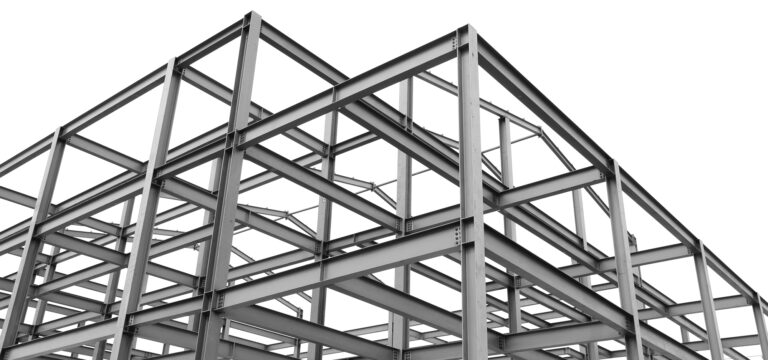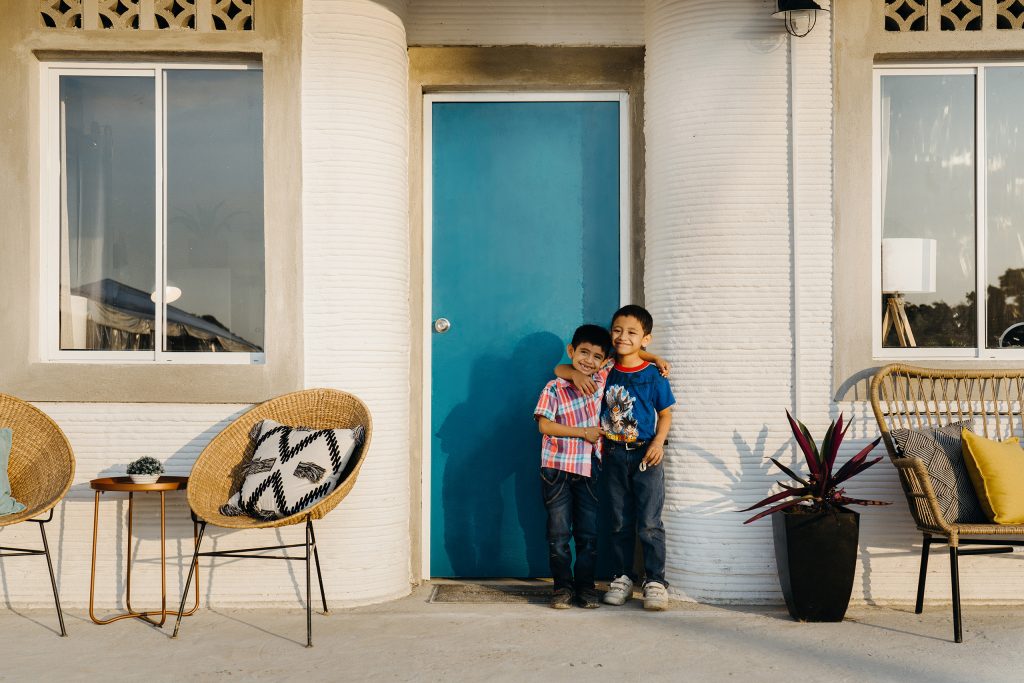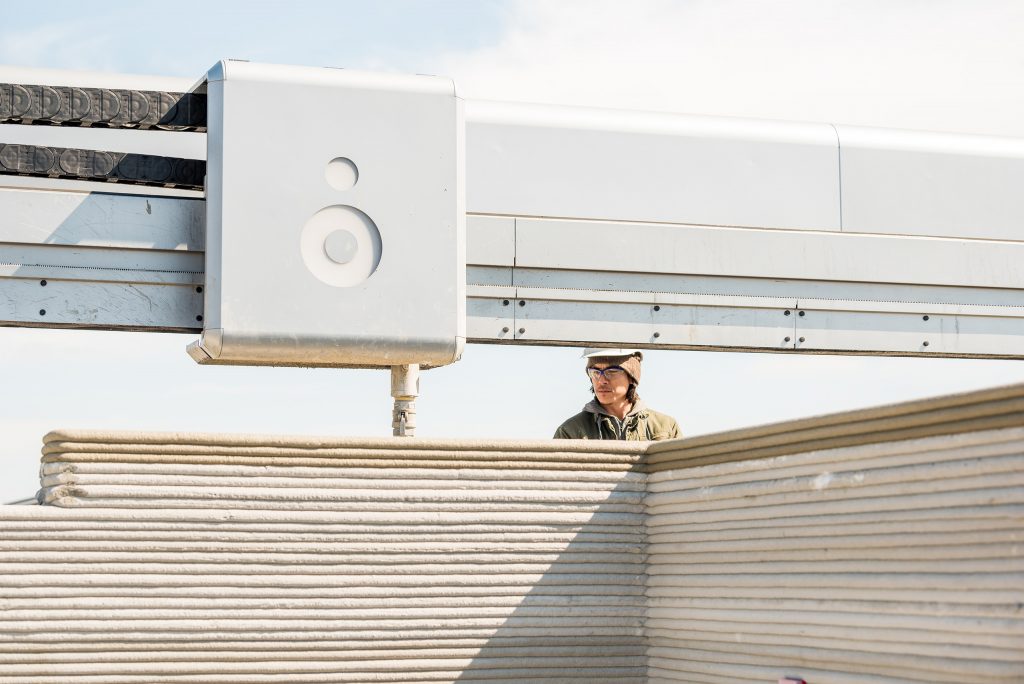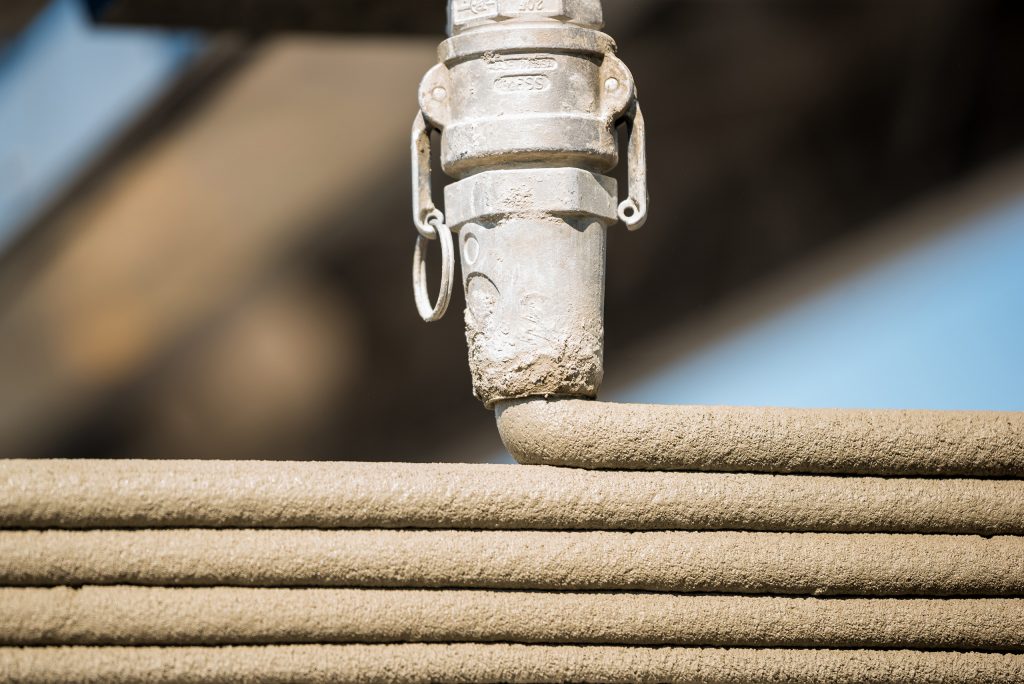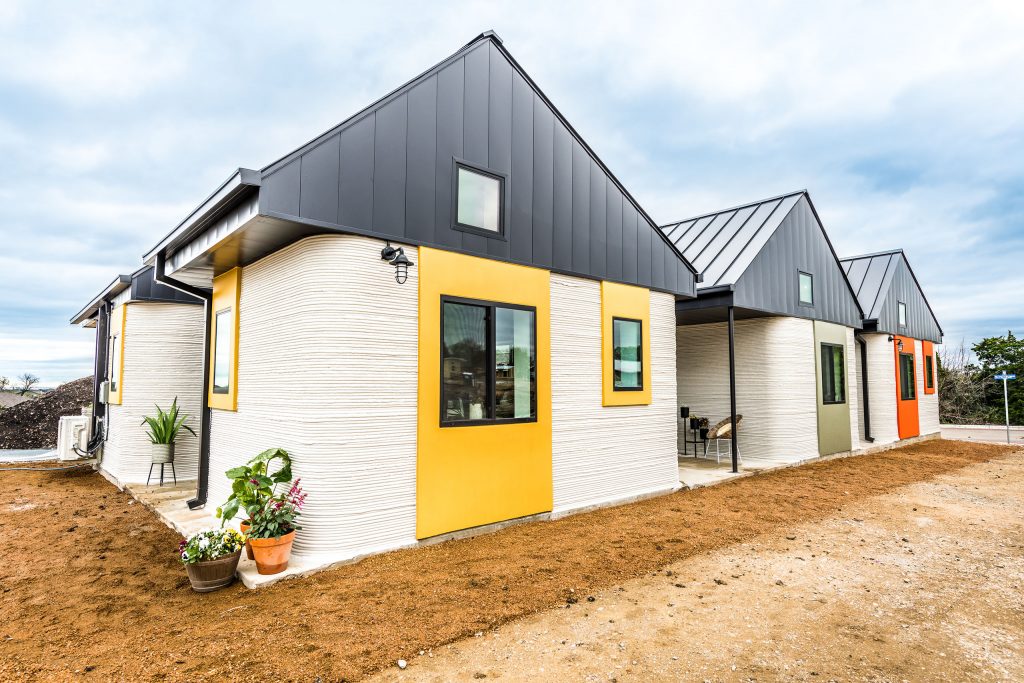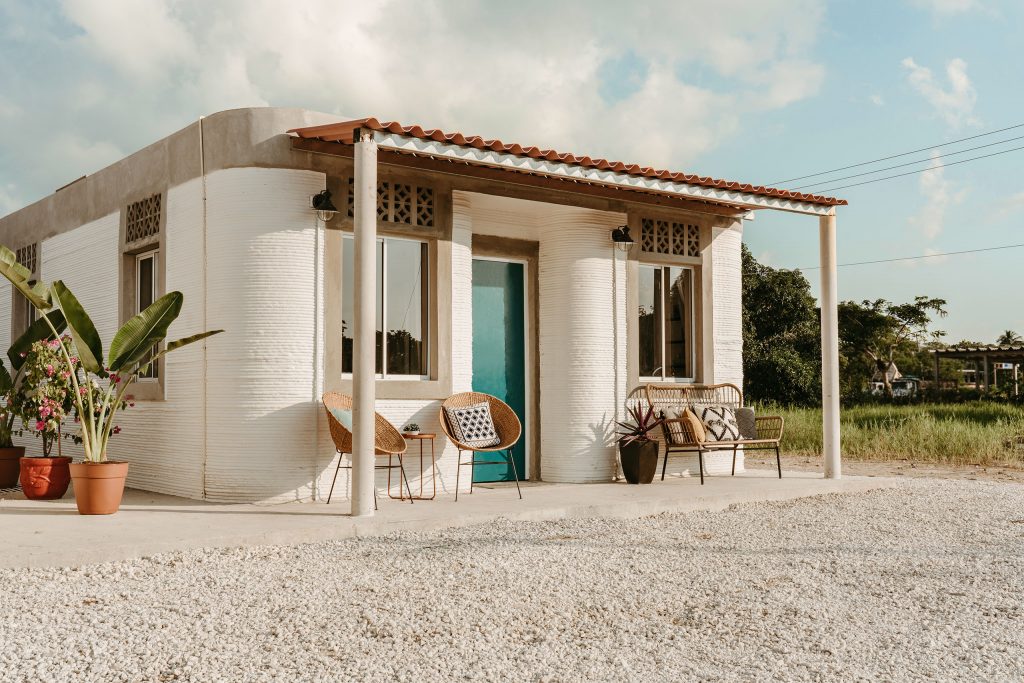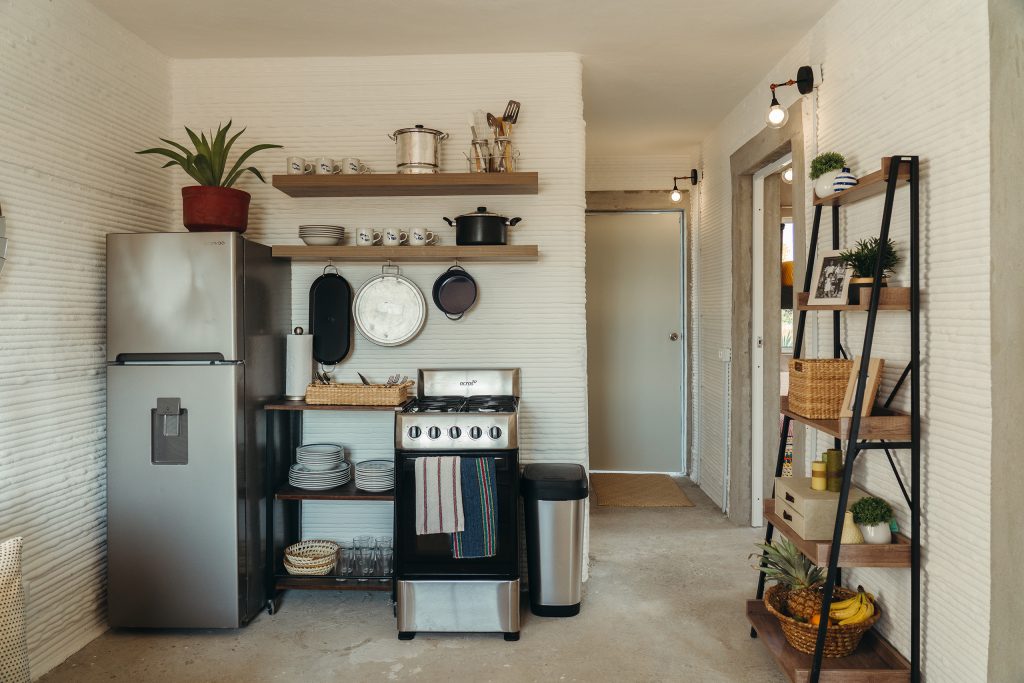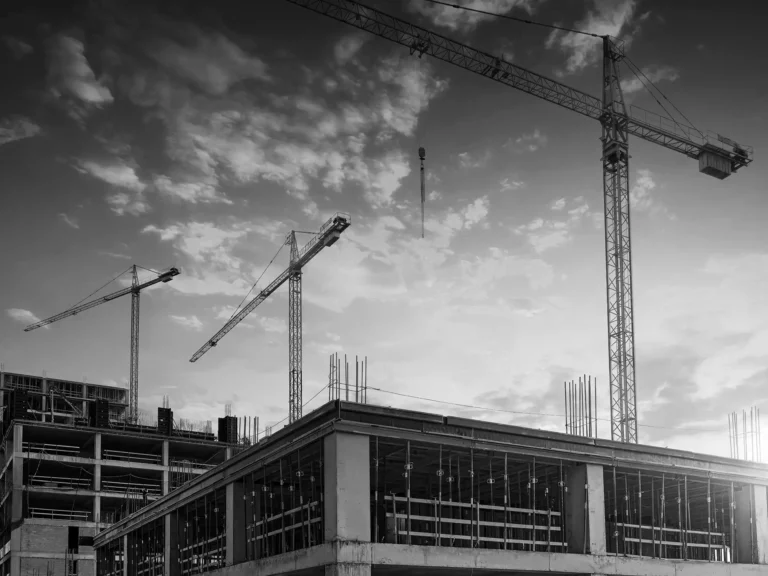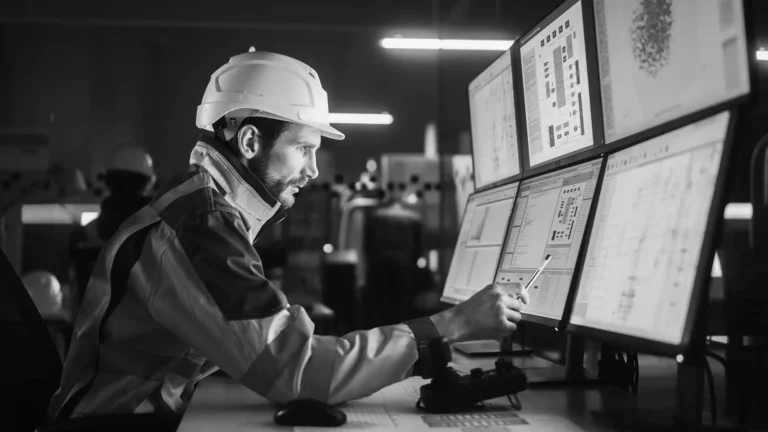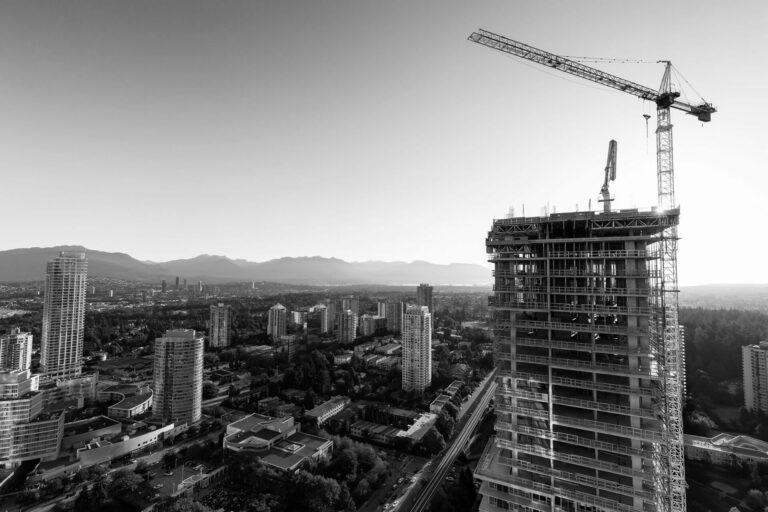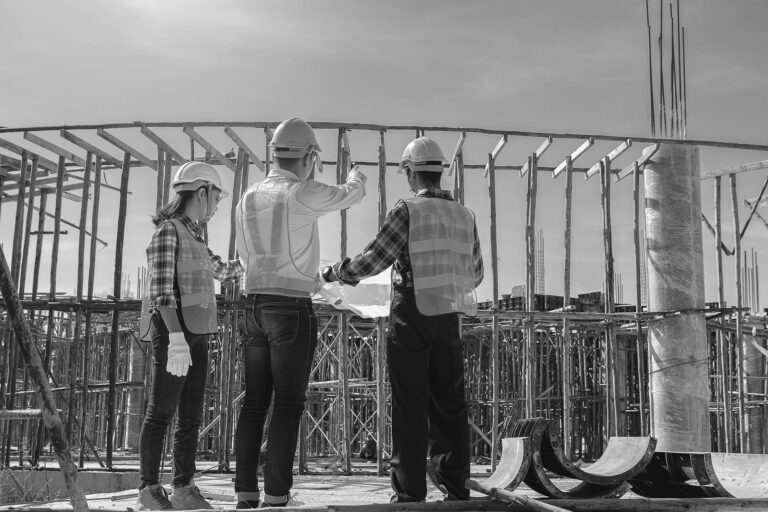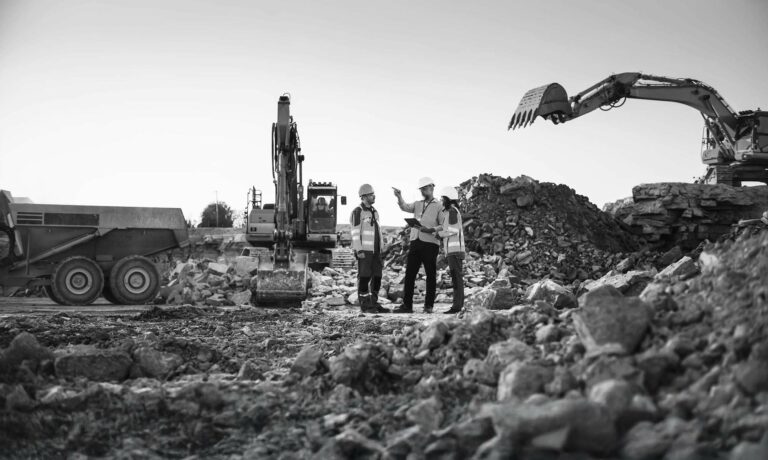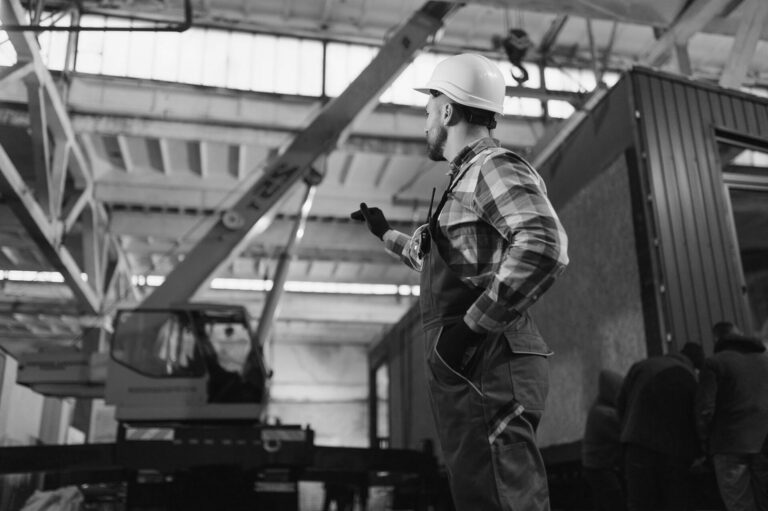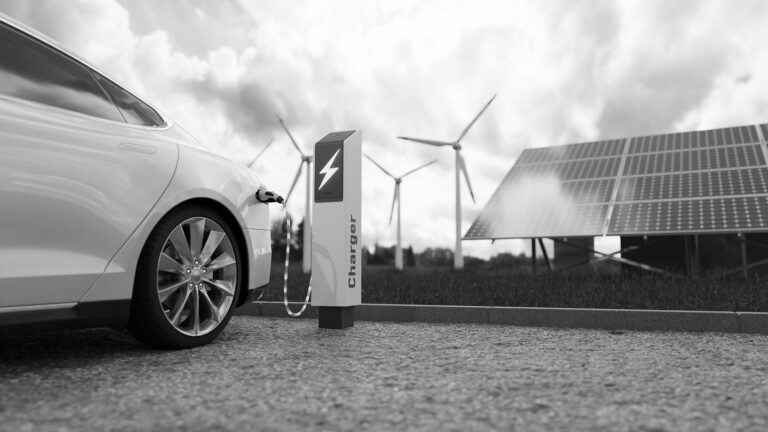Events of the past year have shown that as a society, both nationally and globally, we still have much to learn about reacting to, and more importantly overcoming, struggle. The interconnected way that we as people work when faced with difficult situations is found to be lacking in numerous ways. As nations and industries emerge from the seismic challenges of COVID-19, the need for collective partnership is more necessary now than ever before. In addition to the horrendous health and mortality implications that the pandemic has inflicted on the planet, it has shone a light on many other aspects of society which are also in desperate need of support. Access to medicine, education, food, clear and accurate information; these are all areas of the modern world which need to be urgently restructured. The area of homelessness has, however, been a perpetual issue around the world. Unlike some other challenges faced by world leaders, it is not seasonal or cyclical. It is an omnipresent challenge that has been exacerbated enormously by the pandemic. While COVID-19 may not have caused a homelessness crisis, it has multiplied and magnified an existing problem.
While there is no clear cause for homelessness, there are certain demographics and cohorts of the population that are considered to be more at risk. In the U.S. alone, adult males are considerably more likely to fall into homelessness. Within this category, adult males of minority ethnicity make up the majority. When these figures are explored further and incidence per 10,000 people are factored in, men from the Pacific Islands, Native Americans and members of the Black community are the three largest subgroups by a considerable margin. This may well point to a wider systemic issue around education and opportunity, community engagement and mental health; however, the unfortunate truth is that currently the resources that are being allocated to assisting the homeless population are falling far short. Furthermore, the financial resources being put in place do not seem to be reaching those people at most risk of suffering from homelessness. A recent report published by endhomelessness.org acknowledged that ‘’Homeless services systems do not have enough resources to fully meet the needs of everyone experiencing homelessness. Thus, it is helpful to examine the difficult decisions they must make, including how to allot the limited funds available to them.’’
“Simply put, there are not enough houses being built which, while also putting huge pressure on the housing market, is only making a homeless crisis even worse.”
This examination identified permanent support housing (PSH), emergency shelter beds and rapid rehousing as the three main support mechanisms, with PSH being the leading one. All three mechanisms have seen an increase in funding since 2007. This seems to be a sensible direction to move in, by any rationale. The issue that remains however is that despite almost 400,000 beds being made available for individuals in 2019 in the United States alone, there was still a shortfall of almost half that figure again. Despite policy moving in the right direction, problems remain. Simply put, there are not enough houses being built which, while also putting huge pressure on the housing market, is only making a homeless crisis even worse.
ICON is a growing business based in Austin, TX and was set up in order to meet the needs of an ever-deteriorating housing market. From the outset, the company identified three critical problems within the home construction industry: affordability, sustainability and availability. By acknowledging these as challenges that the company needs to overcome, the company is fast gaining a reputation as being one of the most innovative members of the home construction world. “Surely there is a better way to build homes that is more affordable, less wasteful, and more energy efficient than conventional building methods.” This was the question that one of ICON’s co-founders, Jason Ballard asked himself, having worked on thousands of homes in his previous role of CEO of an eco-friendly home upgrade company that aimed to normalize sustainable and healthy approaches to home improvement.

Photo Credit: Regan Morton Photography 
Photo Credit: Regan Morton Photography 
Photo Credit: Regan Morton Photography
Between 2017 and 2018, Ballard worked with one of ICON’s two other co-founders, Evan Loomis to study and research ways to figure out what this ‘’better way’’ looked like. Around this time the pair also came into contact with Alex Le Roux, an engineer who was working in similar fields. The three men set up ICON and set about devising the technology required to work in a sustainable and affordable way, possibly changing the way homes are constructed forever. Their idea was to utilize 3D printing technology to build livable and affordable homes in a fraction of the time that it takes to construct a home using current methods. This resulted in the development of their Vulcan 3D printer, a cutting-edge printer that can build a home in under 24 hours.
In collaboration with non-profit organization, New Story, ICON worked with a cross section of engineers, environmentalists, designers and entrepreneurs to unveil the world’s first permitted 3D-Printed home created specifically for the developing world. The building was an example of one of the most forward-thinking construction projects ever imagined; homes between 600 and 800 square feet which could be printed in 24 hours to serve the needs of underserved communities. At the launch of the project, Jason Ballard discussed the innovative and sustainable aspects of using 3D printing. “With 3D printing, you not only have a continuous thermal envelope, high thermal mass, and near zero-waste, but you also have speed, a much broader design palette, next-level resiliency, and the possibility of a quantum leap in affordability. This isn’t 10% better, it’s 10 times better.”
This home, the culmination of dedication, ingenuity and next level innovation, was a game changer. The hope for all involved was that this project would be the catalyst for the development and reimagining of home production in areas most at risk of poor housing conditions and homelessness. The question for the ICON team now was where to take this technology next.
The partnership with New Story would develop further over the next year with the announcement in May 2019 of a project that would see a whole community of 3D printed houses built for low-income families in Tabasco, Mexico. The project would see fifty homes delivered ‘’to local families currently living in extreme poverty and makeshift, unsafe shelter.’’ Families were involved in the planning process and the houses are being built around green spaces and other necessary amenities with a community focus behind every decision. This announcement and the ongoing work with the project is evidence that collective thinking, community engagement and innovative technologies could be combined to address real world homelessness crises.

Photo Credit: Joshua Perez 
Photo Credit: Joshua Perez
The technology designed and built by ICON also has the potential to be a contributory resource in tackling homelessness closer to home. In addition to the Tabasco project, ICON have partnered with the Austin non-profit Mobile Loaves & Fishes (MLF), an organization which is widely known for its working in supporting the local homeless and the Community First! Village, their fifty-one-acre master planned community that ‘’provides affordable, permanent housing and a supportive community for men and women coming out of chronic homelessness.’’ This ongoing partnership has now resulted in the delivery of a series of 3D printed homes to the village. The 400 square foot homes are part of Phase 2 of the village which, when completed and at full capacity, will have around 480 people living there. This will represent about forty percent of Austin’s chronically homeless population. Jason sees this project as a necessary part of what ICON represents. ‘’We’re going to have to take some risks if we want a better world for ourselves, and the team at Mobile Loaves & Fishes shares a similar vision in their efforts to empower the community around them into a lifestyle of service with the homeless. We need a radical rethinking in the way that we approach solving vexing issues in our society like homelessness. At the end of the day, this is all about people and the dignity of human beings.”
“With 3D printing, you not only have a continuous thermal envelope, high thermal mass, and near zero-waste, but you also have speed, a much broader design palette, next-level resiliency, and the possibility of a quantum leap in affordability.”
Back in 2017, ICON identified key challenges to housing supply issues and have set about dismantling these challenges piece by piece. They have built ongoing communal relationships, using sustainable and affordable technology, to provide enduring and life changing support to some of Tabasco and Austin’s most needy people. The residual effect of the company’s actions will be far reaching. That is certain. What is uncertain is the ability for city planners and governments to access this technology and use it in its attempts to tackle homelessness and housing problems in general. With this in mind, it is encouraging to hear that, in partnership with Moderne Ventures, ICON raised $35 million in a recent series A round of funding with a view to moving the Vulcan printer from the research and development stage and into a larger scale production model. Jason stated that this is the first step towards a growing movement of 3D printed homes. “In early 2018, there were no 3D-printed homes in North America and today, there are almost twenty and we’re gearing up for hundreds more.”
While challenges remain, successes have been minimal in comparison to the whole picture. There may be hope that, with strategic and carefully planned projects, homelessness can be an issue that we, collectively, tackle head on. “The present challenges the world is facing due to new coronavirus have only emphasized the tremendous gap between the housing that we have and the housing that we need. We are grateful to those who have believed in our mission from the beginning and are excited to have a larger team of global investors joining us in our belief that the housing of our future must be different than the housing we have known.”








